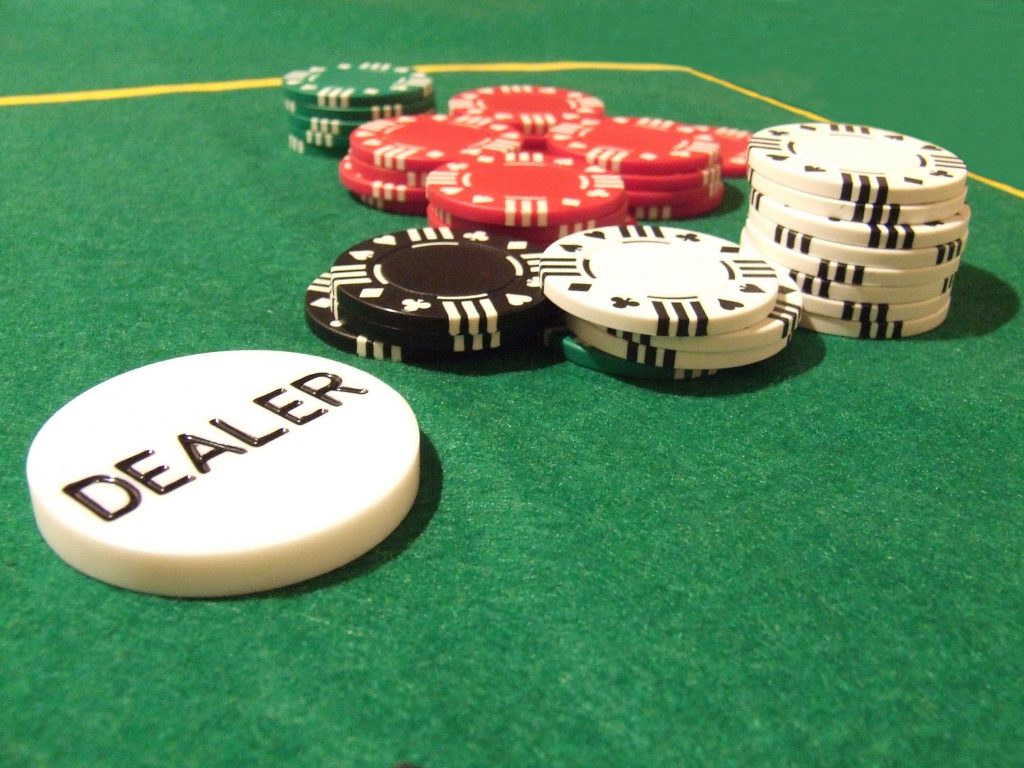 People bring lawsuits in order to obtain compensation for wrongs they have endured. Even when there is no dispute about liability, determining the appropriate categories and amounts of damages can be complicated as it involves numerous legal and technical issues. Damages can encompass everything from past and future medical expenses to scarring to loss of enjoyment of life. However, there must be sufficient evidence from which a court can draw to support the award of damages. The following lawsuit that stemmed from a fight at a casino illustrates some of these principles.
People bring lawsuits in order to obtain compensation for wrongs they have endured. Even when there is no dispute about liability, determining the appropriate categories and amounts of damages can be complicated as it involves numerous legal and technical issues. Damages can encompass everything from past and future medical expenses to scarring to loss of enjoyment of life. However, there must be sufficient evidence from which a court can draw to support the award of damages. The following lawsuit that stemmed from a fight at a casino illustrates some of these principles.
Picou intentionally battered Daigle at a bar at L’Auberge du Lac Casino in Lake Charles, Louisiana. Daigle suffered a split lip, bruising, and has had headaches ever since. Picou admitted liability, leading to a bench trial on the issue of damages. The trial court awarded $3,000.00 for past medical damages, $10,000.00 for past and future pain and suffering, $5,000.00 for scarring and disfigurement, $5,000.00 for past and future impairment, $2,000.00 for loss of enjoyment of life, $10,000.00 for past and future mental anguish, and $5,000.00 for past and future disability. Picou appealed the damage award, claiming that the trial court erred in awarding Daigle an excessive amount of damages.
La C.C. Art. 2315(A) (2017) states that “[e]very act whatever of man that causes damage to another obliges him by whose fault it happened to repair it.” When reviewing a trial court’s damage award, the appellate looks at the facts and circumstances of the case to determine if the trial court abused its discretion. Miller v. Lammico, 973 So. 2d 693, 711 (La. 2008). The appellate court will only overturn an award of damages if it finds that the trial court abused its discretion in awarding the damages.
On appeal, Picou first argued that the award for past medical damages was excessive. Daigle provided medical bills related to the battery totaling $1,793. The trial court awarded $3,000 to Picou because it added in self-treatment from a chiropractor. However, the Court of Appeal of Louisiana, Third Circuit held that an award for self-treatment is speculative. The court reduced the award for past medical damages to $1,793, stating that the award for self-treatment was an abuse of discretion because there was insufficient evidence about its value.
Picou also argued that the damages awarded for past and future pain and suffering, past and future mental anguish, and past and future disability were excessive. After reviewing the record, the court found no abuse of discretion in the awards for $10,000 for pain and suffering and $10,000 for mental anguish. However, the court held that the award for past and future disability was an abuse of discretion. The court pointed to the trial court’s acknowledgement that given the absence of evidence, any future medical expenses that it awarded would be speculative. The court also found no abuse of discretion in the $5,000 award for scarring and disfigurement. Notably, the court has previously affirmed lower awards for scarring.
As this case shows the proper presentation of evidence is a necessity in order to receive a full recovery for your damages at trial. Determining appropriate damages is complicated and involves many complex legal and technical issues. Therefore is is critical that you contact an experienced trial lawyer for advice who can guide you through this complicated process.
Additional Sources: Daigle v. Picou
Written by Berniard Law Firm Blog Writer: Megan Richardson
Additional Berniard Law Firm Articles on Appropriate Damages: Make No Mistake, Medical Testimony Is Required For Juries To Award Damages For Future Medical Expenses
 Louisiana Personal Injury Lawyer Blog
Louisiana Personal Injury Lawyer Blog

